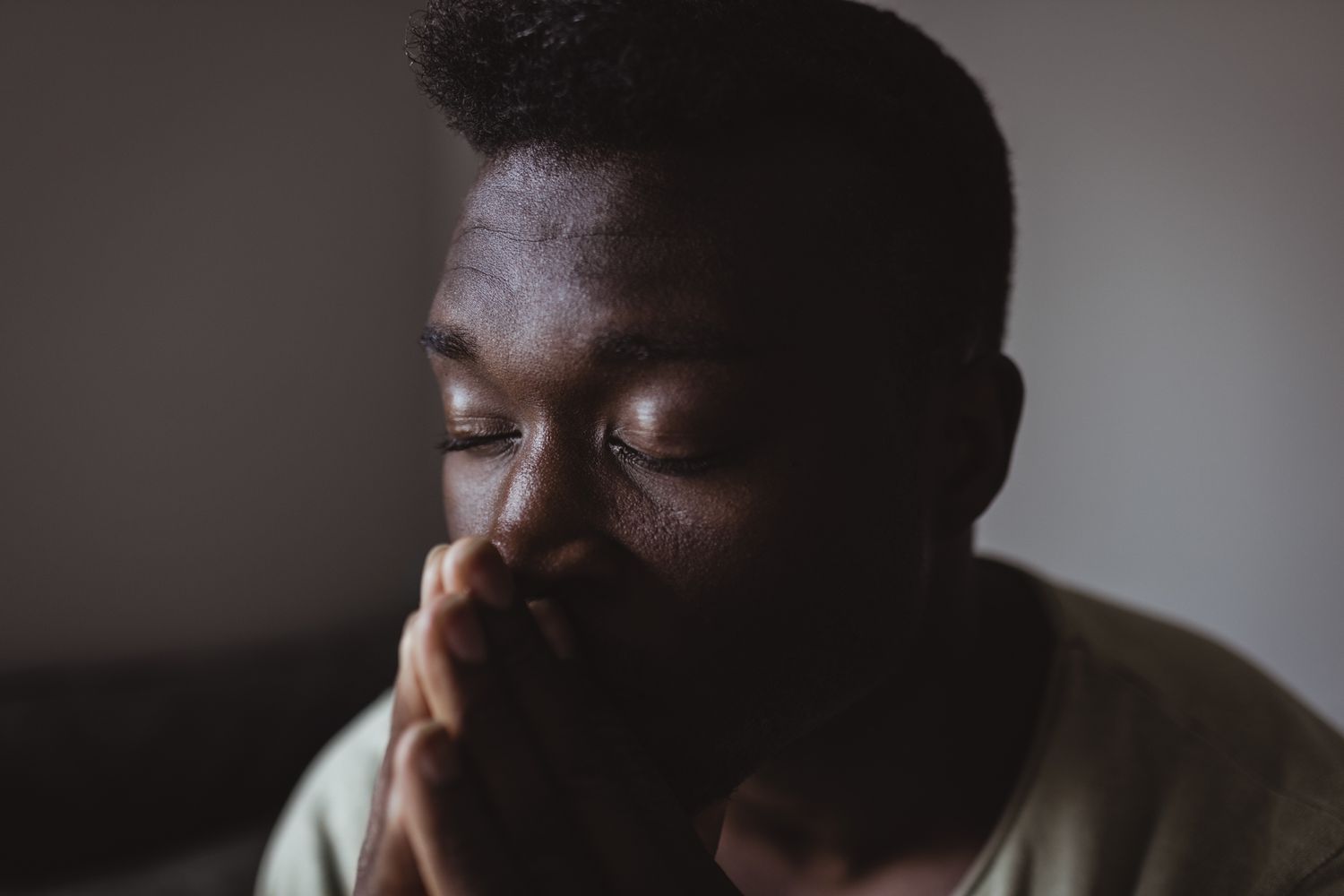- Empty cart.
- Continue Shopping
How to Cope with Fear of Flying

Fear of flying, also known as aviophobia, is a common issue that affects a significant number of people. This fear can range from mild anxiety before a flight to severe phobias that prevent people from traveling by air altogether. While flying is statistically one of the safest modes of transportation, understanding that fact often doesn’t alleviate the fear for those who experience it.
Understanding the Fear: Identifying Triggers
The first step in coping with the fear of flying is understanding what specifically triggers your anxiety. Is it the fear of heights, the feeling of being confined in a small space, or concerns about the safety of air travel? Identifying the root cause can help you focus on specific coping strategies.
For instance, if your fear stems from concerns about airplane safety, educating yourself about the rigorous safety protocols and low accident rates in aviation might help. On the other hand, if claustrophobia is the issue, focusing on relaxation techniques to use during the flight could be more beneficial.
Preparation: Setting the Stage for a Calm Experience
How you prepare for your flight can significantly impact your anxiety levels. Here are some tips to consider:
- Choose Your Seat Wisely: If possible, select a seat where you’ll feel most comfortable. Some people prefer the window seat to have a view, while others like the aisle seat for easier mobility.
- Pack Mindfully: Bring items that will help you relax, such as a favorite book, noise-canceling headphones, or a comfort object like a small blanket or pillow.
- Arrive Early: Rushing to catch a flight can heighten anxiety. Arrive at the airport with plenty of time to spare so you can go through security and find your gate without stress.
In-Flight Coping Strategies
Once you’re on the plane, various techniques can help you manage your fear:
- Deep Breathing: Simple deep breathing exercises can help calm your nervous system. Try inhaling deeply through your nose, holding for a few seconds, and then exhaling slowly through your mouth.
- Progressive Muscle Relaxation: This involves tensing and relaxing muscle groups to reduce physical tension. Start from your toes and work your way up through your body.
- Distraction: Keep your mind occupied by watching a movie, reading, or listening to music or podcasts.
- Talk About It: If you’re comfortable doing so, let the flight attendants know you’re anxious about flying. They are trained to help passengers cope with fear and can offer reassurance.
Professional Help: When to Seek It
If your fear of flying severely impacts your life or prevents you from traveling, it may be helpful to seek professional help. Therapists can offer cognitive-behavioral therapy (CBT) techniques specifically designed to address phobias. Some people also find relief through medication prescribed for anxiety, although this should be a last resort and used under medical supervision.
In conclusion, Coping with a fear of flying is a challenge, but it’s often necessary for those who need to travel for work, family, or leisure. By identifying triggers, preparing adequately, and employing in-flight coping strategies, you can make air travel a more manageable experience. And remember, it’s okay to seek professional help if your fear significantly impacts your life. With the right tools and support, flying doesn’t have to be a fearful experience.








